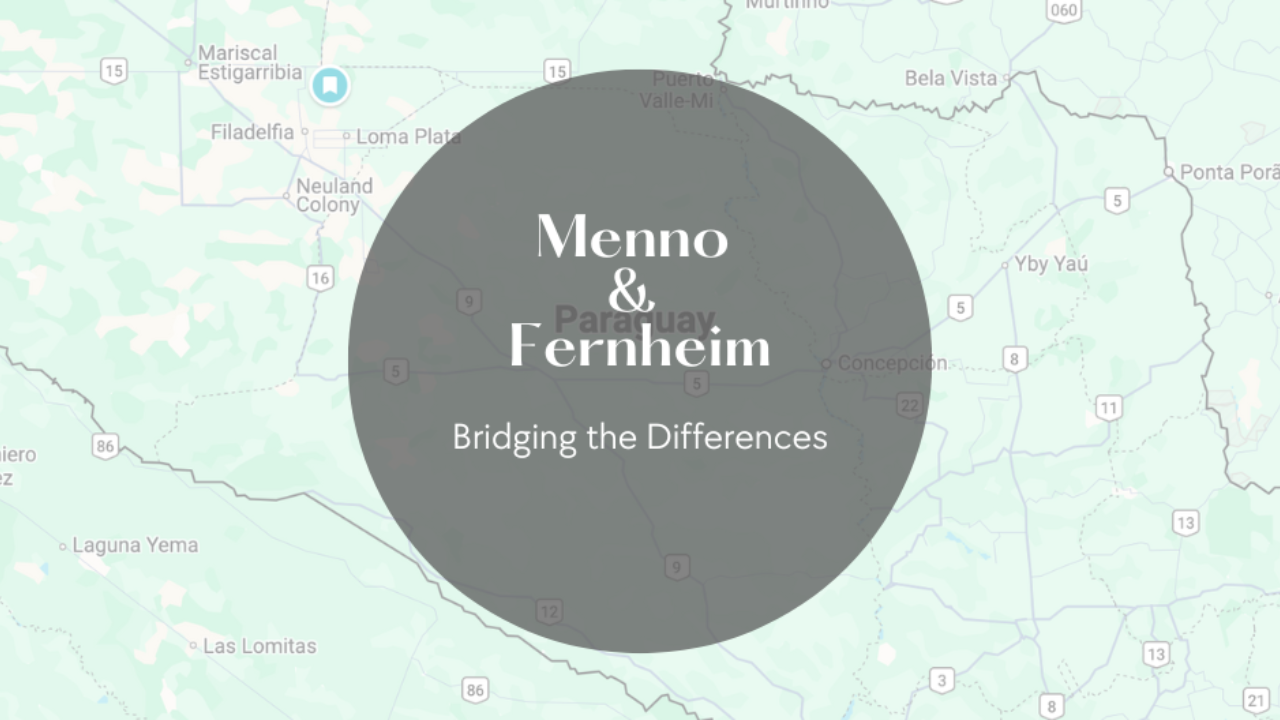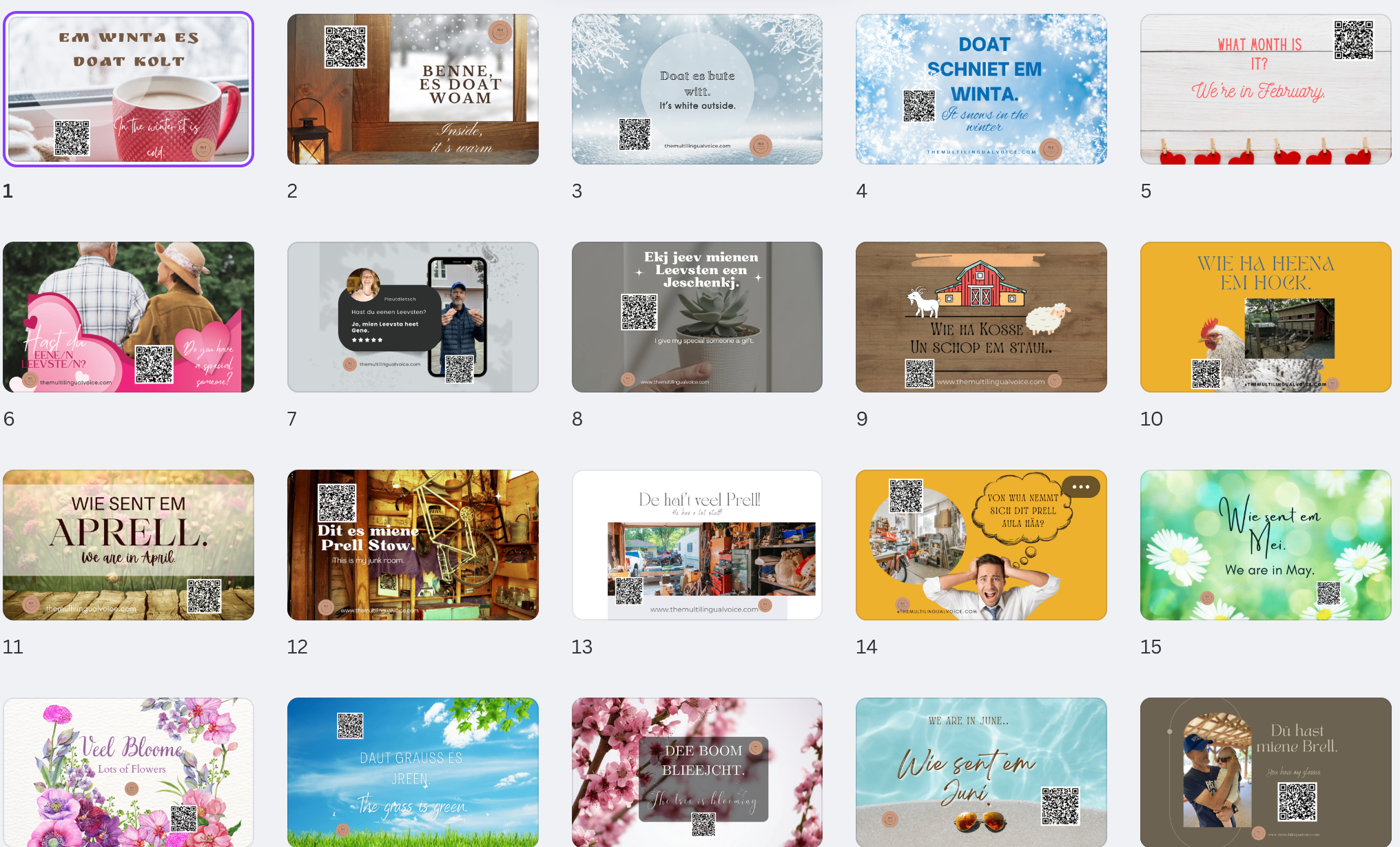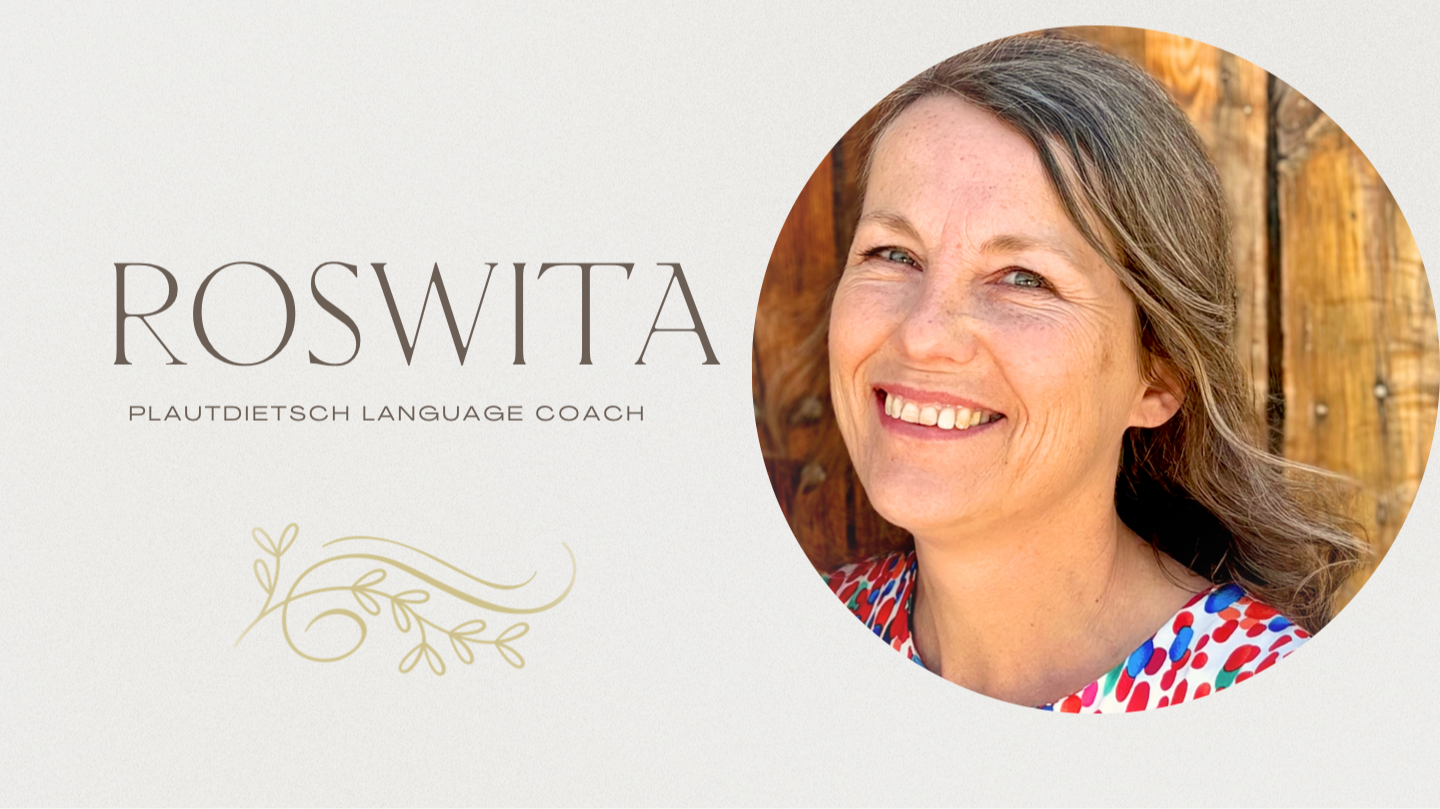ELL - 3 Ways to Learn a Language With your Brain Tuned In

Wouldn’t be great to put less effort into recalling new words and phrases as we attempt to learn new languages? I’m here to tell you that YOU CAN!! 🙂 There are ways to trick our brain in connecting to a new language that helps language learners overcome the discomfort of language learning with more ease.
A little disclaimer here - it won’t take away the awkwardness of trying to speak a new language. You know, the hesitance your brain creates to keep you from saying something that might be wrong. That’s why I’m here. Here to make this journey easier and more approachable, and to be your coach to help you (and your brain) overcome the hurtles of speaking a new language.
So based on my experiences and research on learning new language, learning to recall a new language in phrases will speed up your ability to comprehend and use the language. Here are three ways to engage the brain into connecting to new vocabulary in context.
1. Learn in Context
Learning language in context is vital to making gains in understanding and using the language. Context allows us to make educated guesses as to what is being said.
When we focus on learning single words, we lack the context and limit the brain to finding clues that lead to understanding. When we get the jist of what is being said, we can move forward by making educated guesses.
Will this lead to embarrassing mistakes? Sometimes. But as language learners, we need to be able to laugh at ourselves and move beyond the moment of embarrassment. It’s all part of the process. Personally, I’ve made plenty of ‘not so educated guesses’ and in the end, I've had to ask people to repeat what they were saying in a more simplistic way of communicating.
Making mistakes is all part of learning, AND the embarrassment helps you recall the correct form the next time you use that phrase 😂.
When it comes to learning in context, it’s best to work in a setting familiar to us. Having our brain connect to what we do on a regular basis, but in a different language, will allow for quicker connections to be made. This might look like the context of your job or in the context of your home.

I’ve mentioned before that in our earlier years of marriage, Gene and I spent some years in Russia learning the language. While we were there, we immersed ourselves in different settings. My language learning took off the moment we hired a nanny for our kids. As I made our daily plans, I would attempt to communicate this to her. It was a struggle at first, but every week became easier as my brain recalled vocabulary that had already been used over and over again.
Gene on the other hand, thrived in the public context like talking to people in the market as he purchased plumbing, or over tea while telling stories of his years growing up im Brasil. As you can see our styles and interests varied, but we both made great progress; each in their own context.
What is your context? Where might you find yourself using phrases from a new language?
2. Learn with Poetry
Poems and rhymes are still an integral part of culture in many communities in the world, and there’s a big reason behind this practice! Research in Neuroscience has shown us that as we learn phrases connected to a rhythm and a melody, our brain will hold onto that.
We moved to South America in my 5th grade school year, and I transferred from an English to a Bilingual German/Spanish school. Knowing German was a benefit to me because I was able to communicate to most of the teachers and students, however I did shy away from speaking the language in class when I became aware of that I was speaking certain things incorrectly. I hated making mistakes, and I loved it when I had the opportunity to just read or memorize passages. So when we had an opportunity to recite poems, I jumped to the opportunity. When I learned poems in German it allowed me to hear the rhythm and certain grammatical patterns that were a challenge to me. I can still recite phrases of poems that I learned over 40 years ago!

Guess what?! Learning language through poetry and songs is what our brain gravitates toward. According to current brain research, they have found that poetry is music to the ears! Literally!! Our brains are attracted to the rhythm and alliteration of poetry.
When I was introduced to French during my schooling in Canada (a few months before we moved), we learned the song “Are you Sleeping, Are you Sleeping…” To this day, I can recall phrases from the song, however other vocabulary was lost soon after moving to South America.
When we learn phrases connected to a rhythm and a melody, our brain will hold onto that.
3. Learn with Stories
There's something about stories and fairy tales that engages the old and the young. Learning language through stories can serve us in multiple ways. Telling our own story gets us connecting with something that is already very familiar to us, while listening to another’s story will challenge us to hearing and learning new phrases. While learning Russian, the phrases I referenced frequently, were the ones that I used in telling people about my past and where I came from. I used those phrases frequently to recall certain grammatical structures in Russian because those phrases were familiar to me.
Prepositional phrases can throw any language learner off because they are spoken differently in every language. Our brain might be used to saying ‘place it on the table’ when in another language the same meaning is spoken ‘place it in the table.’
Learning a language through phrases helps us speed up our ability to comprehend and use the language. Quality language programs will use phrases to promote learning progress. When we can connect new words with a visual context or other background knowledge, our brains will connect to meaning of the new language.

However, everyone’s context differs and not every program can provide the phrases for the various situations that we find ourselves in. Here’s where we need to tailor our language learning resources to meet our specific needs.
Poetry https://www.sciencedaily.com/releases/2017/02/170217095857.htm
The Language Learning Guide
Get the FREE resource to boost your language learning efforts.
If you are wanting to learn a new language for a specific situation and you just can’t find the program to meet that need, I’ve created a guide with strategies and tools to create phrases that resonate with your context.
We hate SPAM. We will never sell your information, for any reason.




